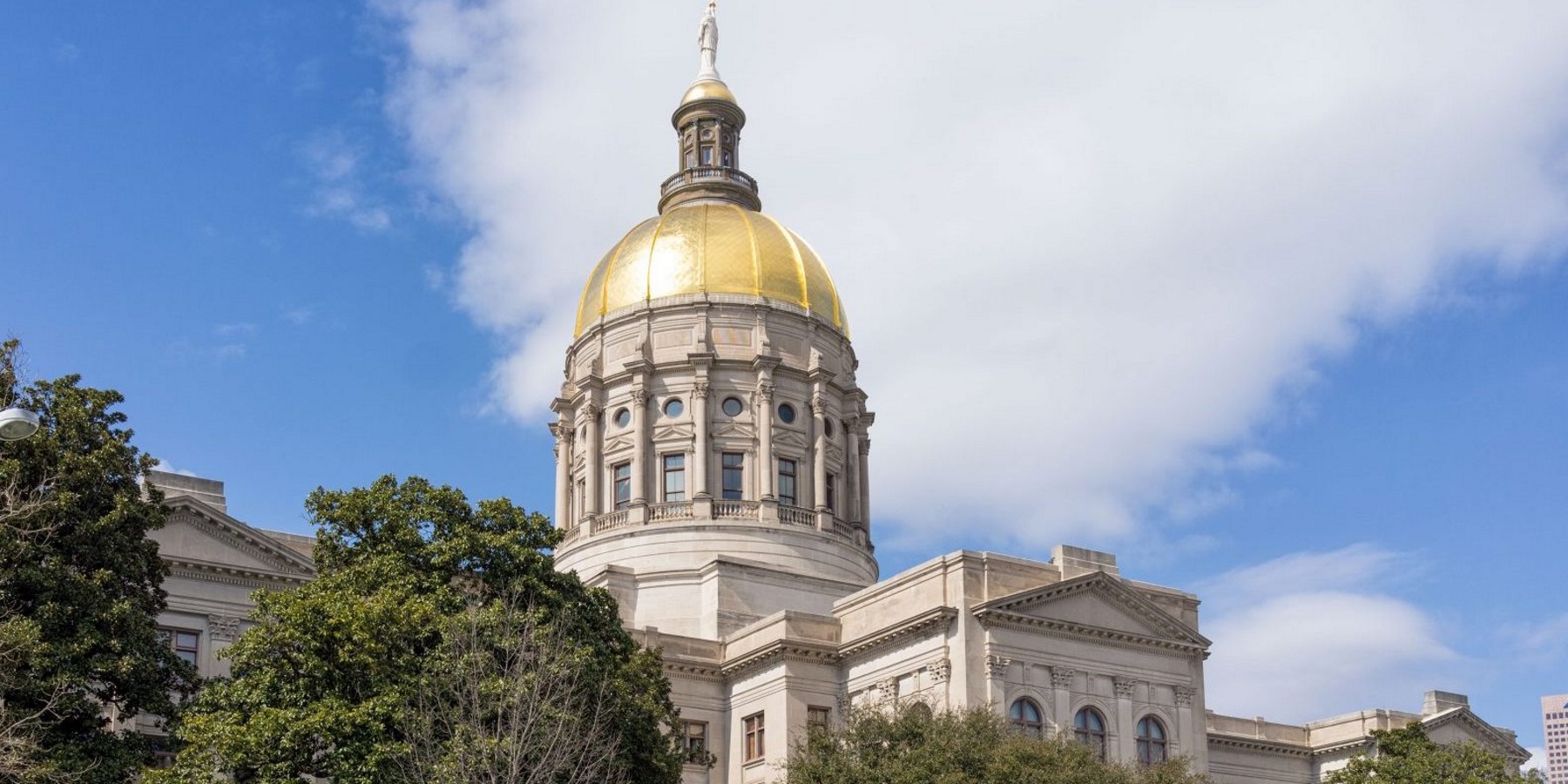Georgia Lawmakers Find Way For Unlimited Fundraising While In Session

The nonprofit E Pluribus Unum Foundation is focused on bringing together state and local lawmakers from 13 southern states — including Georgia — to try and close the racial equity gap.
Wikimedia Commons
State lawmakers may soon have a new way to collect campaign contributions while they’re in session after passing Senate Bill 221 on Wednesday.
While individual lawmakers are barred from taking campaign contributions during the 40-day legislative session, this bill creates eight so-called “leadership committees” that can raise money year-round.
The governor, lieutenant governor or party nominees to those positions, as well as House and Senate leaders of both parties, could create such leadership committees.
Republicans, including Rep. Trey Kelley, say it would give each party caucus in the Legislature more independence from the state parties, which are allowed to raise money during the session.
“What this does is give our individual caucuses the ability to function like the parties do today. It will allow us to raise the funds that we raise to be directly spent without having to go through the party,” he said.
These new leadership committees could raise unlimited amounts of money, and politicians, like Kelley, who is part of the caucus leadership, could decide which candidates to spend it on.
For Democrat Stacey Evans, that ability is too much. She told her colleagues during a debate on the bill that they’d give up independence.
“Do you really want to vote to give your caucus leadership, whoever they may be now or in the future, more power over your fate? To allow them to use unlimited campaign contributions and coordinate your opponent if they think you’re getting out of line?” she asked.
Other Democrats went further and called the proposal an invitation to corruption. Rep. Matthew Wilson called it the “Gold Dome swamp bill.”
“The only purpose that this bill serves is to funnel more money into our politics. That’s all it does. And fundamentally, I believe, and most of you believe, we need fewer ways to get money into politics,” he said.
But Kelley defended the idea, saying contributions are already flowing now into dark money PACs, and this bill would require disclosure of any donations above $500 to the state Ethics Commission.
“What we’re looking at here is just an effort for transparency and an ability for our caucus to coordinate,” he said.
The bill passed the House 96 to 69. It now goes to the governor’s desk. He can either sign or veto the bill.








